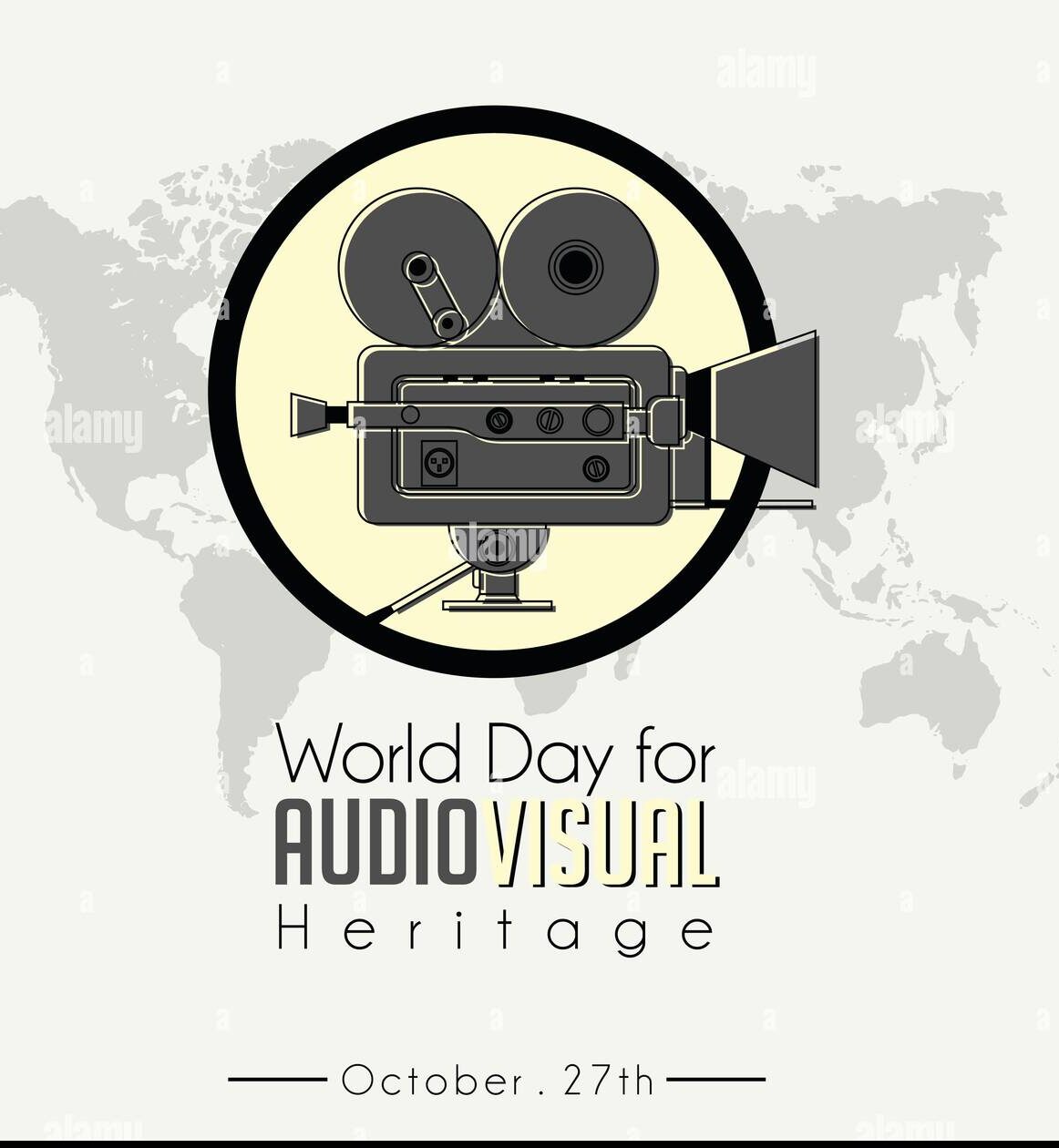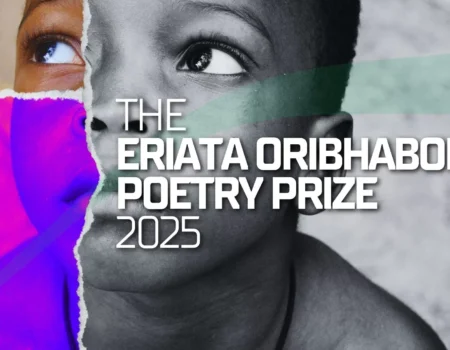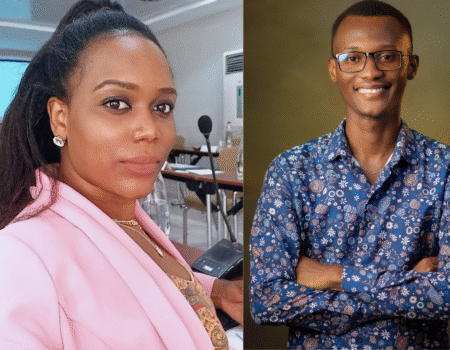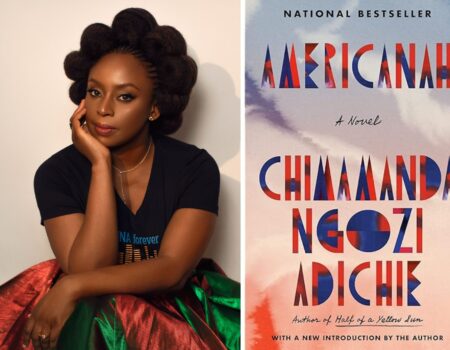Every October 27, the World Day for Audiovisual Heritage highlights the importance of preserving films, recordings, and audiovisual works that capture the essence of our history, culture, and collective human experience. African literature, renowned for its rich oral and written traditions, is an invaluable part of this heritage. Through film and documentary adaptations, African stories are brought to life visually, preserving and sharing the continent’s narratives in compelling new forms.
Let’s show you three instances of iconic works of African literature that have inspired audiovisual adaptations of varying formats, bringing their powerful narratives to life in new ways.
Case Study: African Literature in Film and Documentary – Noteworthy Adaptations
Things Fall Apart by Chinua Achebe
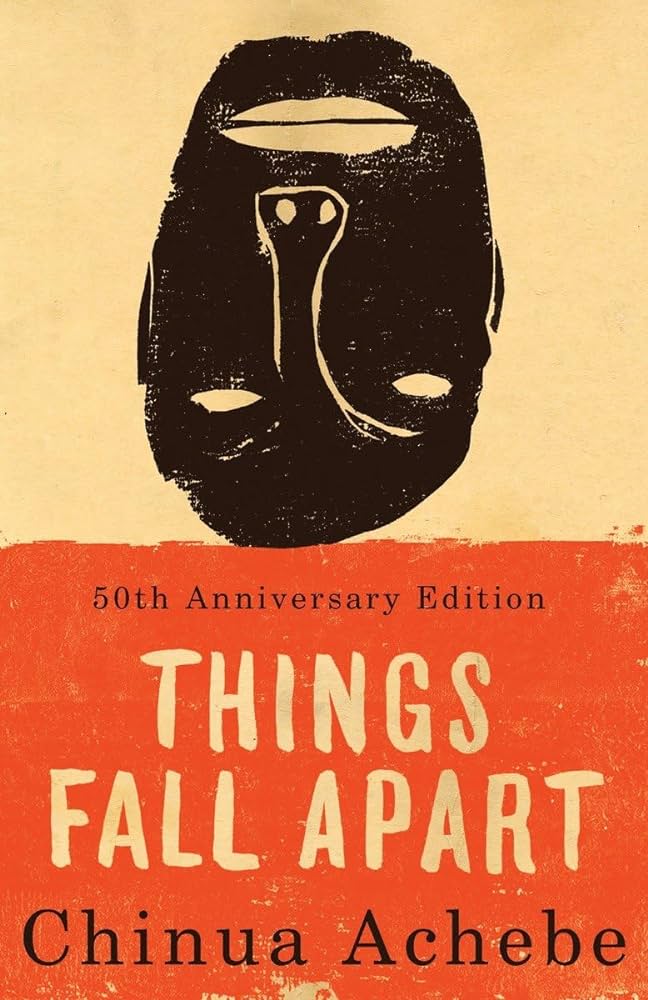
Chinua Achebe’s Things Fall Apart is a landmark example of African literature translated into the visual medium. Adapted into a television miniseries in 1987 by the Nigerian Television Authority (NTA) in partnership with the BBC, this adaptation transported viewers to pre-colonial Igboland, immersing audiences in the cultural landscapes Achebe described. It deepened Achebe’s exploration of cultural collision, identity, and the impact of colonialism on African societies.
Currently, there is renewed interest in adapting this classic novel, with Hollywood icons Idris Elba and David Oyelowo at the helm of a more mainstream attempt. Elba’s potential casting as the lead, Okonkwo—a role famously portrayed by Pete Edochie in the previous adaptation—has ignited social outrage among Nigerians who question his ability to authentically capture the essence of the character. This debate exemplifies the power of the audiovisual format, which transforms a once-private idea into a living narrative, allowing it to resonate across diverse interpretations and discussions.
As we look forward to this new adaptation, we remain hopeful that Elba and Oyelowo will create a portrayal that stays true to the spirit and message of the book, ensuring that the casting, world-building, and every other element necessary to tell this important audiovisual story reflect the depth and richness of Achebe’s work.
The Joys of Motherhood by Buchi Emecheta
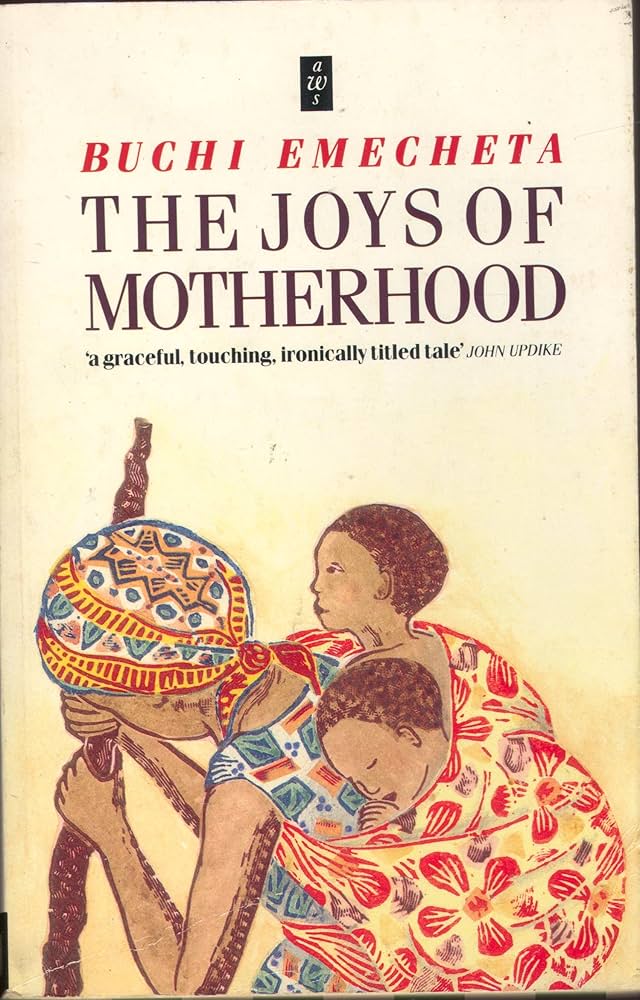
Buchi Emecheta’s The Joys of Motherhood has inspired numerous documentaries and film narratives exploring the evolving roles of African women. While a direct adaptation of the novel does not exist, its themes are mirrored in films like Mother of George (2013), directed by Andrew Dosunmu. This movie portrays the tensions between tradition and modernity, identity, and cultural expectations faced by African women, especially those in immigrant communities. Emecheta’s influence on this narrative highlights the universal and relatable aspects of her work.
A Grain of Wheat by Ngũgĩ wa Thiong’o
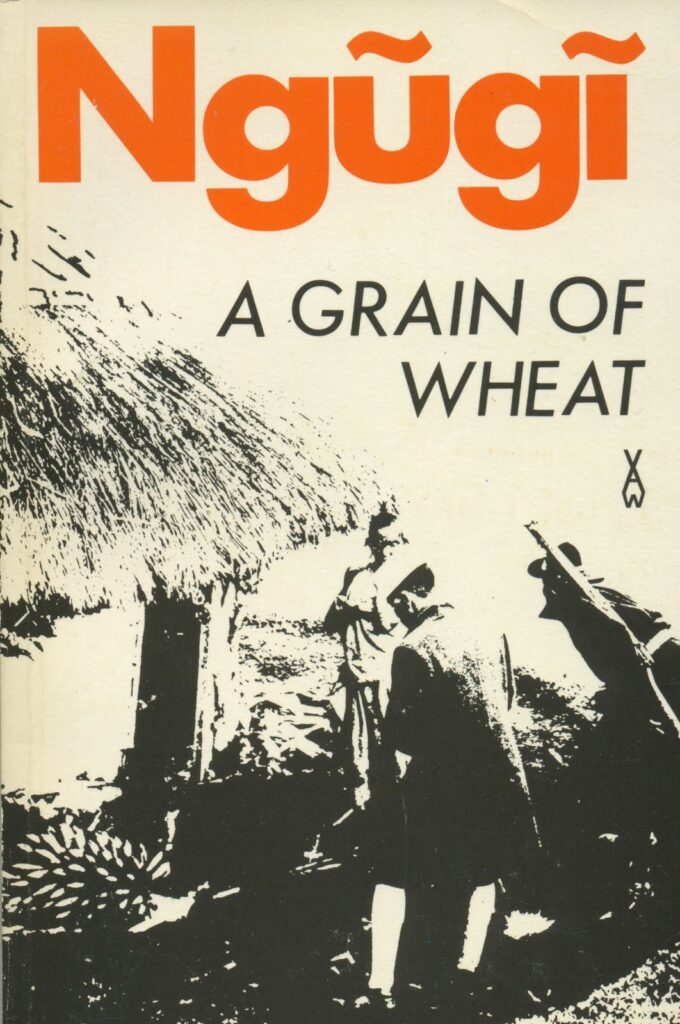
Ngũgĩ wa Thiong’o’s A Grain of Wheat was adapted into a Kenyan film in 2014, directed by Wallace Odera. This cinematic portrayal of the Mau Mau rebellion against British colonial rule brings the human sacrifices and liberation struggles at the heart of Ngũgĩ’s novel to the screen. The adaptation deepens the emotional resonance of the book, amplifying its themes for a broader audience.
Adapting African Literature for the World Stage
Bringing African literature to life on screen plays a vital role in preserving and celebrating African heritage. Each adaptation captures unique cultural elements and languages, creating an enduring record of African voices and experiences. This aligns closely with the World Day for Audiovisual Heritage, ensuring that these stories remain accessible and resonant for future generations.
As we observe the World Day for Audiovisual Heritage, we celebrate the ongoing adaptation of African literature into film and documentary, which not only preserves African culture but also elevates African stories on the world stage, offering dynamic, accessible entry points for global audiences.



